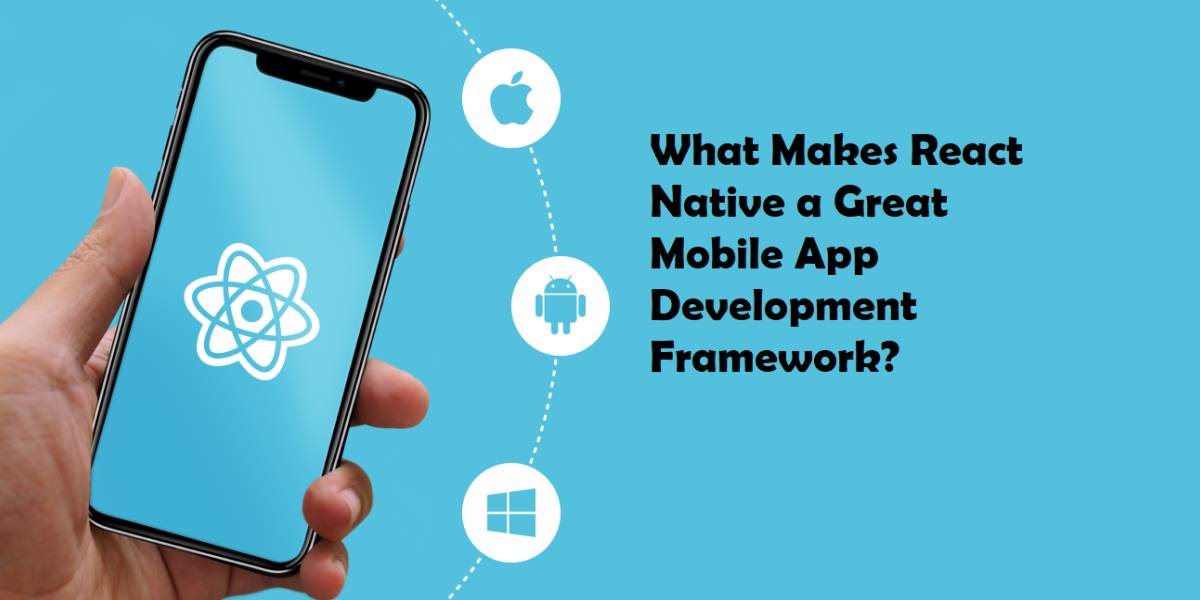Have you realized that while you are reading this you might be scrolling through an app on your smartphone? Did you actually notice that how our lives have transformed with the progressiveness in entertainment and communication due to smartphones? Thanks to the mobile applications which have played a crucial part as a communication channel between us and the world.
Smartphones today are imperative and when it comes to mobile app development ( iOS or Android), delivering a seamless UI, outstanding UX, cross platform compatibility and many other features become crucial deliverables to the consumer. Comes React Native, an open-source mobile app development platform built by Facebook.
React Native comes as a successor to React JS, whose robust JavaScript framework has been utilized for developing native mobile apps. Several popular apps have used React Native mobile development, some of them are Facebook, UberEats, Bloomberg news, Pinterest, Walmart, Skype and more. These globally popular mobile applications are either built on React Native or have integrations with.
With so many organizations already utilizing the platform, it has become obvious that it is the best choice for mobile app development for enterprise level as well as for small scale applications. It offers a diverse framework and supports a plethora of languages including Objective C, JS version of XML and more. Let’s take a look at some of the features that makes react native mobile development a successful initiative:
Cross-platform compatibility
Facebook initially launched React Native exclusively for iOS platform, but with its amazing features, it quickly gained popularity amongst android mobile app developers as well. A majority of the APIs are utilized in both the platforms which justifies the fact that why developers are preferring React Native for both the platforms. Also, the native code can be easily deployed on any of the platforms without much hassle for time or money.
Complete code sharing
We already know that it offers cross-platform compatibility for mobile app development, but is the case same with web-based applications too? Yes. Anything that is not directly tied to a platform is already shareable. Thus, an app developed with it can be seamlessly rendered on the server, web browser, iOS platform or Android, where each one of them is utilizing a shared codebase. For in-depth information keep checking back the React Native web project.
It’s truly native
The primary reason behind using the term ‘React Native’ is that the applications developed on this can actually perform like a native app. Also, the developers’ community really likes the platform due to its usability, keyboard behaviour, animations and scroll accelerations. Also, the UI includes widgets that contribute towards delivering a flawless performance. With React Native even the most complex applications work seamlessly.
Low memory consumption
Fully compatible with 3rd party plugins, the framework provides a smooth operation run-time. The modules can easily be connected to the plugin even without using web view, it uses a native module to do the same. Without using WebView one can easily connect the module to the plugin via native module. The native module for these platforms (iOS & Android) consumes less memory as it does not require cross-bridge linking because the codes are utilized in run-time.
It’s open-source
This invariably contributes towards the popularity of this framework. It is thus free for developers to contribute and acts as an excellent knowledge sharing database. A huge community of developers is working on an ongoing basis to fix bugs and continuous feature improvements.

